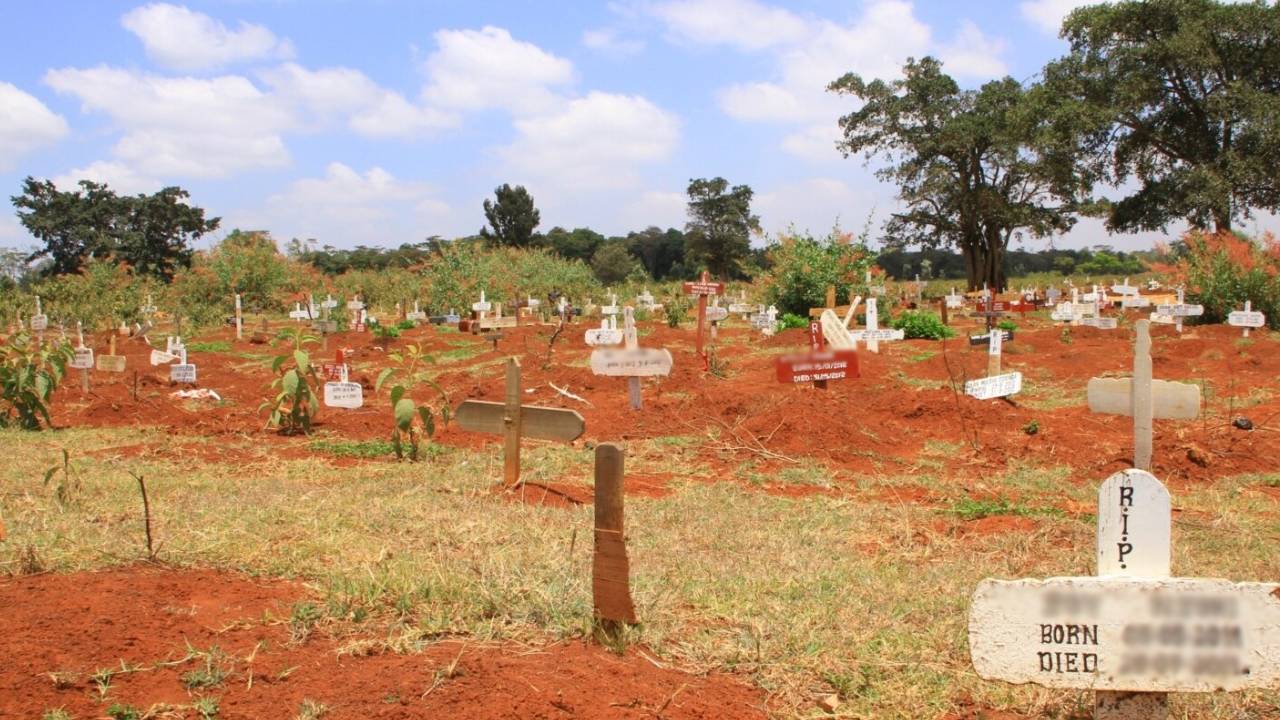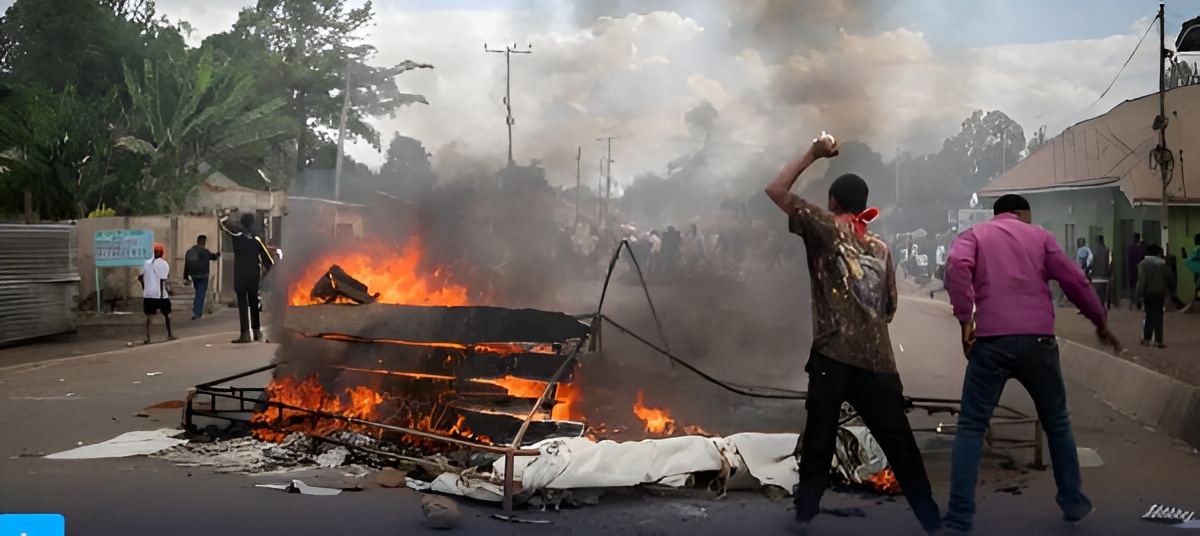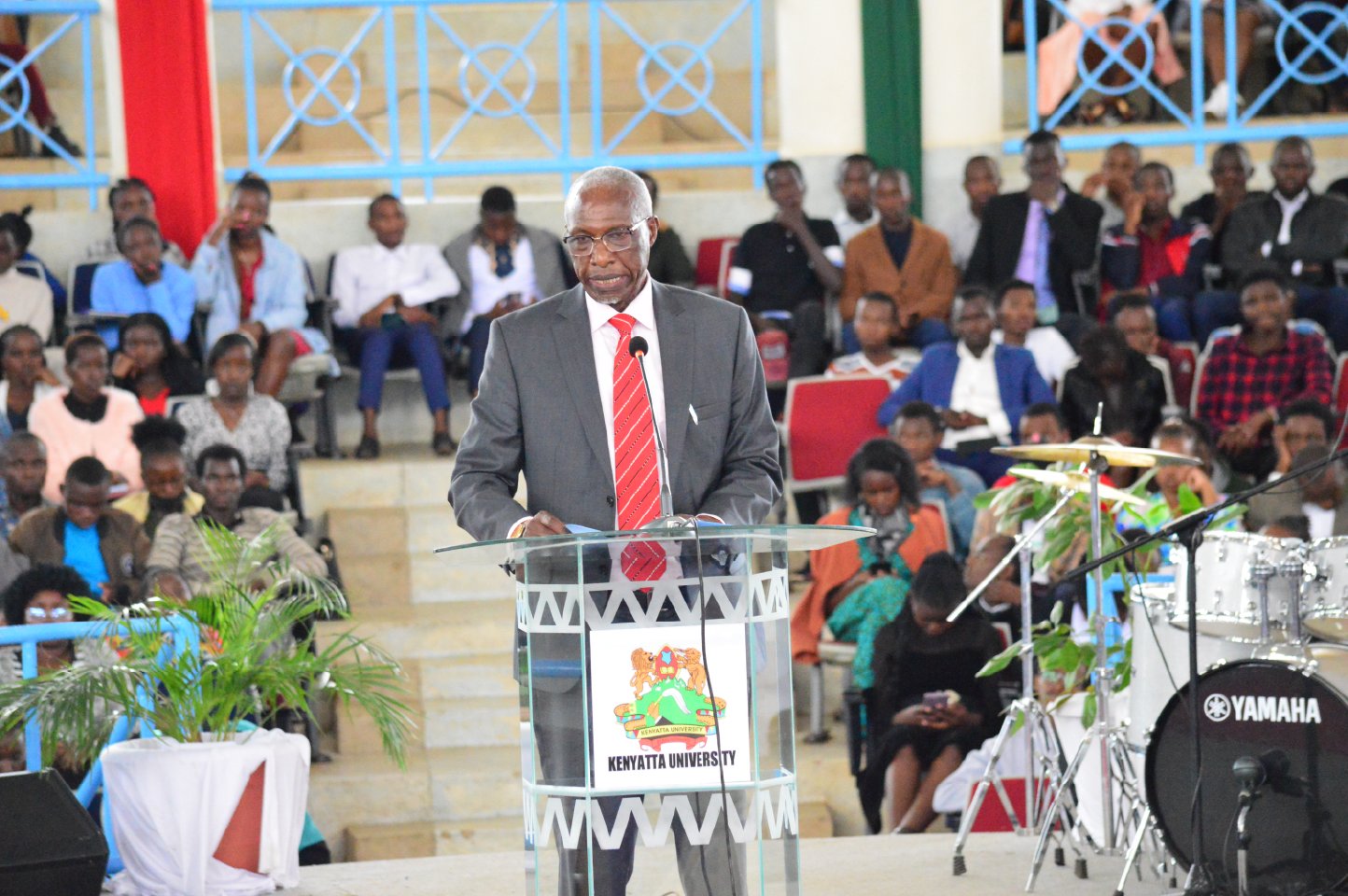City Hall secures 150 acres to ease Lang'ata Cemetery burial space crisis

The county has secured 100 acres at Kamiti Prison and an additional 50 acres at Embakasi Garrison to ease pressure on the overstretched Lang’ata Cemetery.
Nairobi County Chief Officer for Public Health, Tom Nyakaba, has announced that the county has secured 100 acres at Kamiti Prison and an additional 50 acres at Embakasi Garrison to ease pressure on the overstretched Lang’ata Cemetery.
Nyakaba, who was before the Nairobi County Assembly Committee on Wednesday, told the MCAs that the new sites are being prepared and will soon be available for public use.
More To Read
- Chief Kadhi Sheikh Abdulhalim Hussein buried in Kikowani, Mombasa as nation mourns Islamic leader
- Nairobi MCAs oppose Lang’ata Cemetery closure without alternative burial site
- Lang’ata Cemetery: Place of final rest, but a symbol of unfulfilled promises
- Calls for national heroes' burial grounds mount as radio icon Mambo Mbotela to be buried at Lang’ata Cemetery
- Taxi driver linked to Eastleigh woman’s murder, suspected to have disposed of remains
- Police investigating how suspect in Eastleigh killings got Kenyan ID card
“We have secured 100 acres at Kamiti Prison and 50 acres at Embakasi Garrison to serve as new burial sites. These spaces are being prepared and will be ready for use shortly,” he said.
The Chief Officer also addressed the longstanding controversy around the 48-acre cemetery land in Mavoko, Machakos County, clarifying that the county does not have full control over it.
“The Mavoko land, as you are aware, was procured before devolution. Once devolution took effect, every county became responsible for burying its own people. Given that this land is outside Nairobi, it is now up to Governor Sakaja and the Machakos Governor to align on how the land will be used. We don’t have express authority over that land because the title is not under Nairobi County,” Nyakaba explained.
He further clarified that Nairobi’s cemeteries are organised to serve different communities and that there is no bias in space allocation.
“The vision of the cemetery is that we have different burial sites for different people. This does not only apply to Lang’ata but to all cemeteries in the county. At Forest Road, we have given a substantial space to the Jewish community,” Nyakaba noted
“At Lang’ata, the part in question is a Muslim section, and that matter has already been handled at the highest level. The correct position is that it’s part of the Muslim cemetery, and the Muslim land is already secured,” he added.
The Chief Officer further noted that Nairobi currently has nine cemeteries, most of which are community-based.
These include Forest Road, Pangani, Mutuini, Uthiru, Southlands, Kariokor Christian, Ruai, and land near the National Police Service. He said the county is working to bring all of them under unified management to ease pressure on Lang’ata.
Nyakaba also raised concern about the lack of burial policies or regulations, saying this has created confusion and poor planning.
“We don’t have any law to define how we bury people. Even the belief that people should be buried six feet deep is just a wrong assumption; it’s not written anywhere. Nairobi City County had to come up with its own by-laws and a burial policy to guide this process,” he said.
Responding to concerns about reports of graves being reused, Nyakaba said this is done legally under public health laws.
“Due to land limitations, we apply public health laws that allow multiple interments in a single grave. It’s legal and done solely to manage space,” he said.
The Chief officer added that while new burial grounds are on the way, the county continues to face obstacles in relocating cemeteries due to land ownership issues outside its jurisdiction.
“Relocation can only happen if the counties reach an agreement. For now, community cemeteries are being integrated into the county system, which could ease Lang’ata’s burden by up to 20,000 graves,” Nyakaba explained.
Lang’ata continues to operate despite being full, largely because of its accessibility.
“Many people can access Lang’ata with ease. Its strategic location offers convenient transport options, both private and public,” he said.
Lang’ata Cemetery was declared full in 2001 but remains the city’s most used burial site, handling around 30 burials every week.
Since its opening in 1958, it has accommodated over 157,000 burials, including those of notable national figures.
Efforts to secure alternative burial land have faced setbacks over the years.
In 2009, City Hall lost millions in a scandal involving the purchase of land in Mavoko, which was bought for Sh283 million despite being valued at Sh24 million. Several senior officials were jailed in connection with the deal.
Other attempts, including plans to buy land in Kajiado or acquire forest land near Lang’ata, also failed due to legal or financial issues.
In 2021, talks between the now-defunct Nairobi Metropolitan Services and Kenya Forest Service did not yield results.
In June 2023, the county launched a project to convert Lang’ata into a landscaped memorial park and announced plans to partner with the Kenya Forest Service to secure 56 additional acres.
However, expansion was stalled by private homes occupying adjacent land, prompting calls for repossession.
Lang’ata has also been linked to security concerns, with reports of illegal dumping and exposure of human remains. Despite this, many families continue to use it due to its central location.
Burial charges at Lang’ata remain in place. Permanent graves for adult Kenyan citizens cost Sh30,500, with lower rates for children and infants. Non-citizens pay higher fees, and temporary graves are also offered at a lower cost.
Top Stories Today














































